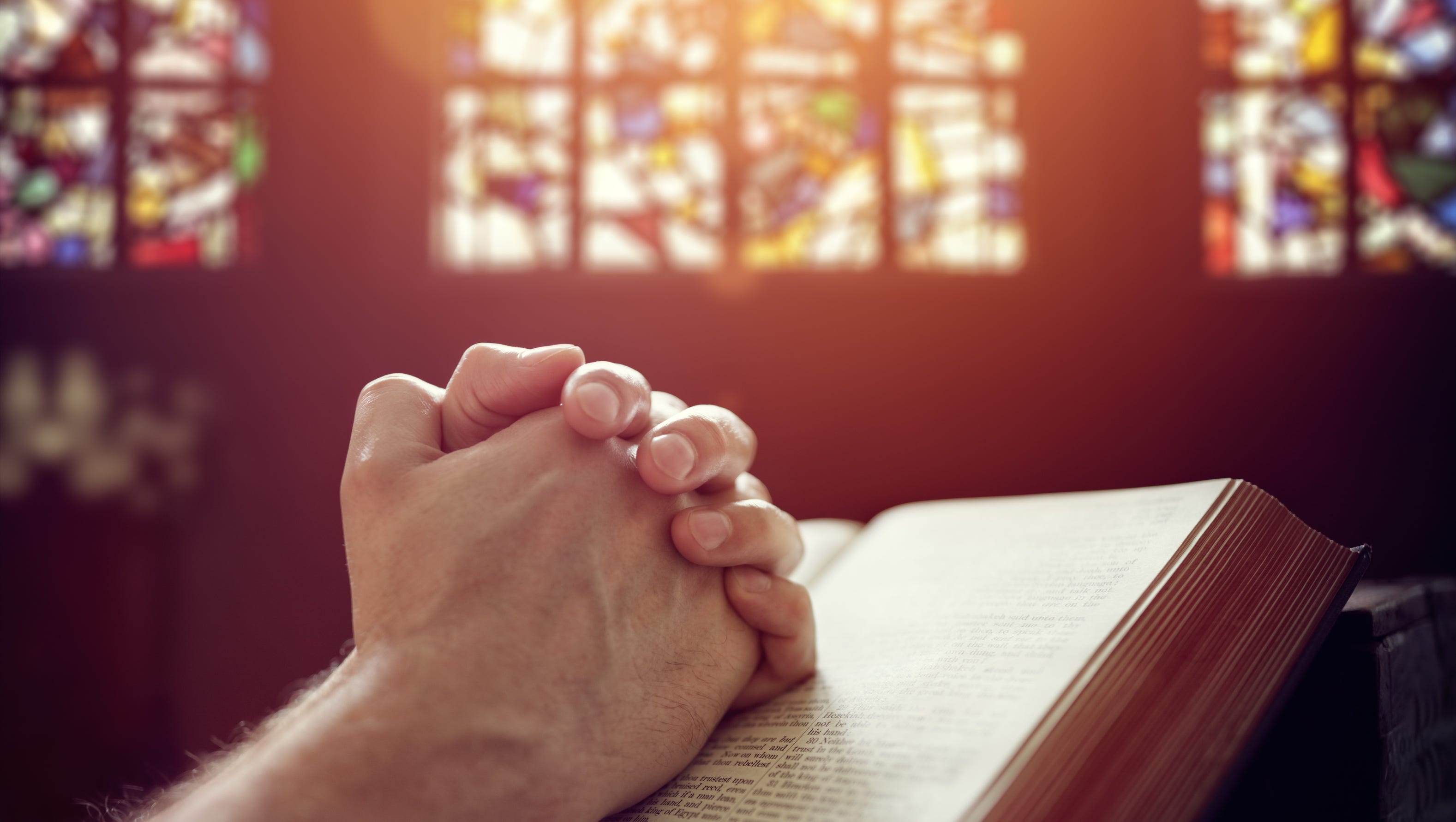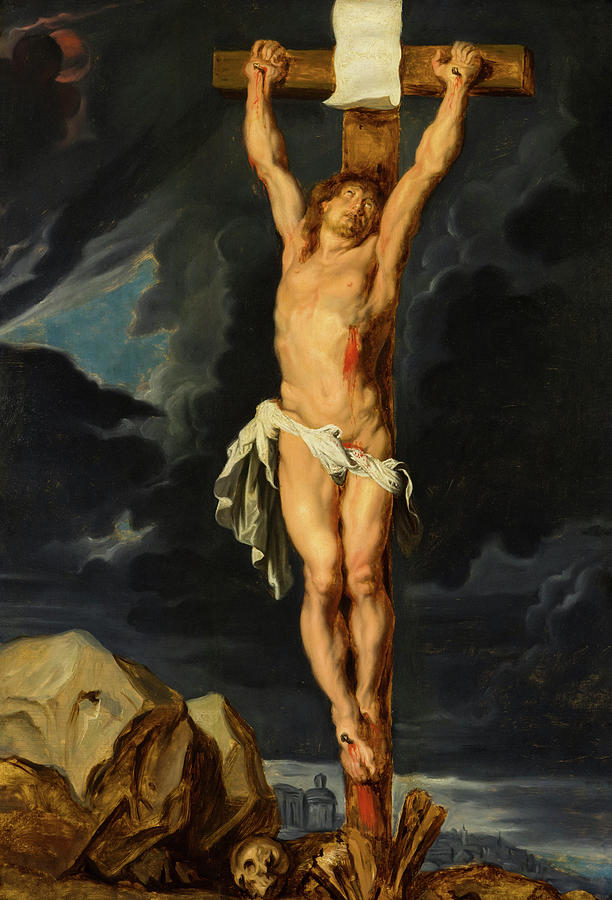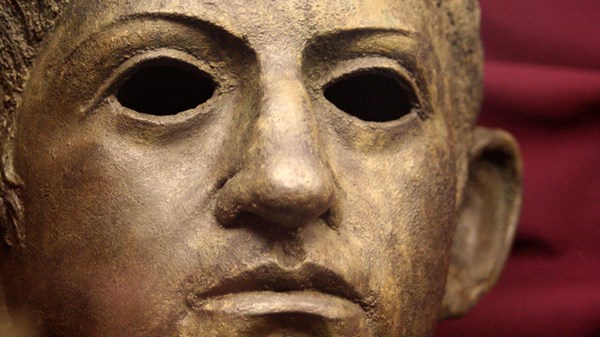Even in relatively unified Lutheran synods like Missouri or Wisconsin, there are those who do not hold with the group. In Missouri we feel the sniping of those who disagree with who should be communed and what liturgy should be used and how Communion should be offered and what it means to call Scripture infallible. We have official groups in protest against our lack of specificity or strict enforcement of the boundaries. I expect that there are issues in Wisconsin as well. I just read where some of that unified group have chosen to leave for the CLC, one of the Lutheran micro synods. I suspect this was over something more than how you take your coffee.
Across Lutheranism you have groups that barely qualify as Lutheran (like the ELCA) and groups that cannot find more than a few other pastors and congregations to agree with their narrowed definition of what Lutheranism confesses. Yet the same word supposedly defines us all. At least that is what the world around us thinks of things Lutheran. If only they knew. We are known by the same name but under that name exists a diversity that mocks our Confessions.
Yet as sad as this is, we in Missouri are in somewhat better shape than most. The Anglicans are agreed in ceremony more or less but under those words there is nothing much to bind them together. They are the best dressed and most practiced in piety of all Christian groups but the nice words they say do not translate into belief. What you wear and how you comport yourself in the liturgy is more important that whether the words reflect any real faith.
Protestant groups and dividing all the time anymore. Methodists are no longer United and seem to be of a mind to divvy up the assets like in any divorce. Presbyterians have a whole variety of choices under the brand name. It seems like everyone worships like an evangelical anymore but few know how to define what it means to be an evangelical -- at least in terms of doctrine and practice.
Rome is in somewhat worse shape. There is an official unity that accords all who acknowledge the same man as the heir of St. Peter and Pope. Underneath that umbrella there is a remarkable diversity of faith and a schism threatens in Germany. Bishops cannot agree on who should commune. The politicians are the obvious examples but under that there are many who cannot even agree that Christ is present in the Sacrament in any meaningful way. I will admit that once I thought that Rome had a unity I yearned so to see in my own Synod but the more I looked, the more I saw that this unity was merely a veneer.
I suspect that Orthodoxy fares somewhat better. As far as I can read, Orthodoxy seems to fight less over the faith than over jurisdictional matters. That said, as much as I admire things in Orthodoxy, my piety is thoroughly Western. If I cannot find a way to ditch the great hymns of the faith for the Roman view of them as extraneous to the Mass, I surely am not going to find my way to abandoning a Western piety of liturgy, hymnody, and prayer. Yet I suspect that once you dig under the surface, even in Orthodoxy there is less broad unity than there is within the various jurisdictions.
So what am I left with? I believe that contending for the faith where I am is my only choice. I refuse to accept the fractured unity of Lutherans without fighting on behalf of the faith once confessed and believed with such a vigorous and largely common voice. The Lutheran Confessions offer us a real unity in which doctrine binds and liturgical differences can be tolerated. I suspect that there are many like me. We lament what we have become but realize that these weaknesses are weaknesses more of men than of our Confession. I could long for a realignment of Lutheranism in which Lutherans of a common stripe actually joined together, choosing to elevate doctrine over personal history. I did not see that happen when the ELCA made its infamous choice to abandon Christianity's order in 2009 and I do not expect to see it anytime soon.
Relativism and the reign of personal preference have turned nearly every church into a cafeteria of choices for what is believed, how God is worshiped, and how the faith is lived out. That is the burden placed upon us by lives of relative ease and prosperity. It may have been tested by the pandemic but it has been the shapes of things for years. The answer will not come from the top. It will not come from leaders or bishops or national structures. It will happen one parish and one pastor at a time. That has been the case for as long as I have been a pastor and I do not see it changing soon. Yet this is the way unity is built. It is built not by grand gestures but by pockets of people who take seriously the Scriptures as God's infallible and efficacious Word. It is the fruit of people who in reverence and devotion meet the Lord where He has chosen -- in the baptismal water that gives life and the bread and wine that are His body and blood. It is a unity which is fought for over and over again. It is never an achievement which can be celebrated but is always a work in progress.
As much as I wish that unity could be easy, I accept that it is a constant work and labor for its fruit as long as I am able. There will be disappointments, to be sure, and moments of defeat. But it is a cause worth fighting for -- the faith once delivered to the saints and now passed on to us. It is a sacred trust that we at least will do it no harm and will in fact pursue it with our best efforts. Unity is the result of a bottom up process. The saints of God and their pastors determined to reflect the fullness of the faith in doctrine and practice and not minimums -- this is the best and most profound unity and one which does not go unnoticed. As much as associations and groups might bless and benefit the cause of the faith, we live it out first and foremost on the local level. It is not that I feel alone -- I know that there are many others like me -- but I have learned not to depend upon leaders and bishops and councils and the larger structures of churches. If it does not begin with me and where I am, it will never find its way anywhere else.
It is enough that we are united in doctrine and practice and that there is a certain level of ceremonial difference but I have found that when there is unity of doctrine, unity of practice is much easier. And where there is unity of doctrine and concern for unity of practice, there is also a desire more for unity of ceremony than for diversity. I will not say I am content with Lutheranism as a whole or the individual jurisdictions but where I will be allowed to be as catholic as I might be in doctrine and practice, there will be my home.








